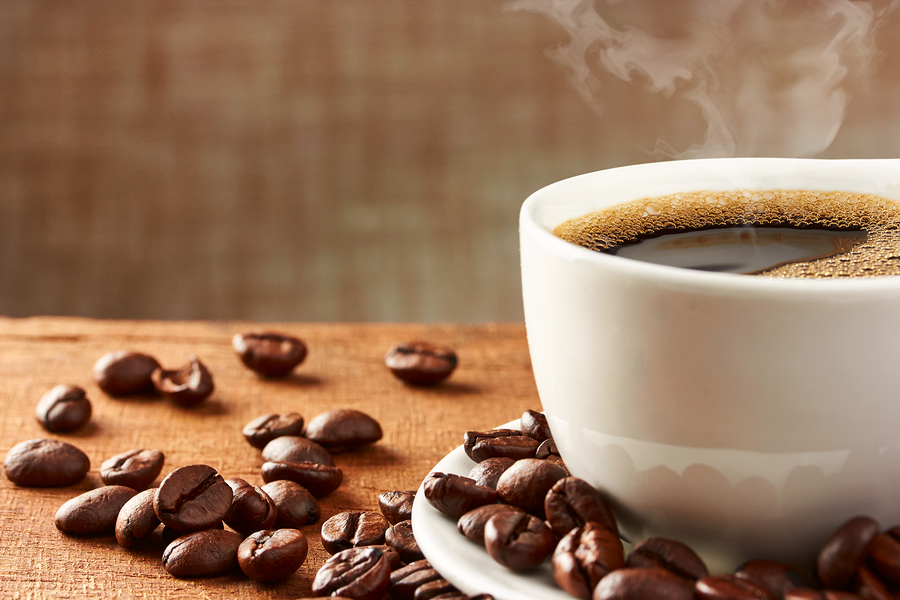- Make It Yourself Lavender Heart-Shaped Bath Bombs!
- 20 Things You Never Knew About “Down There”
- 12 Best Foods For Those Suffering From Arthritis Pain
- 12 Personal Hygiene Mistakes Almost Everyone Makes (Mom Never Told You About #4!)
- 15 Medicinal Plants And Herbs From The Cherokee People
- 12 Mind-Blowing Benefits Of Drinking Coconut Water During Pregnancy
- 12 Outstanding Winter Foods That Won’t Fatten You Up Like A Christmas Turkey
Coffee Jitters: Any Cure?

Photo credit: bigstock.com
Did you know that almost everyone you know, as well as politicians, business tycoons, and royalty are all … drug users? Did you know that you probably use that same drug? (You may even be using it right now!)
We’re talking about caffeine, a mild stimulant that is the most widely used drug in the world, along with alcohol. For many people, the method of choice for getting a daily fix is coffee. Caffeinated beverages — like coffee — offer a boost in energy and help people feel more focused and productive. For many, coffee drinking is also a social activity, and one cup can turn into two or three or more …
But coffee has a downside. Many people have experienced the “coffee jitters,” an unpleasant, even nervous feeling after drinking too much coffee. It seems that coffee consumption has a point of diminishing returns — past a certain amount, coffee no longer produces a pleasant feeling, but rather makes one anxious, unproductive, and irritable.
This article will explain why this is, and how you can make some small tweaks to your coffee drinking habits so you can eliminate the jitters and keep you enjoying your morning Cup o’ Joe!
Everyone drinks coffee either to enjoy the taste, for a boost in energy, or both. Caffeine is a stimulant, which means it triggers the release of adrenaline from the adrenal glands, producing a short to medium term jolt of energy. But coffee isn’t just stimulating, it is also considered a diuretic, and it is quite acidic. Both of these qualities can cause harm if they are not taken into consideration while consuming caffeinated beverages.
Let’s start with the diuretic aspect of coffee. What this term means is that it helps flush out water and sodium from the body. Basically, the more of a diuretic the substance is, the sooner you will become dehydrated from drinking too much it. You’ve probably noticed that you become thirsty after drinking a lot of coffee. Now you know why. Even though you consumed more liquid, because it was coffee, the caffeine it contains made your kidneys release more sodium than normal into your bloodstream, which in turn absorbed more water than normal.
Continue to Page 2
































